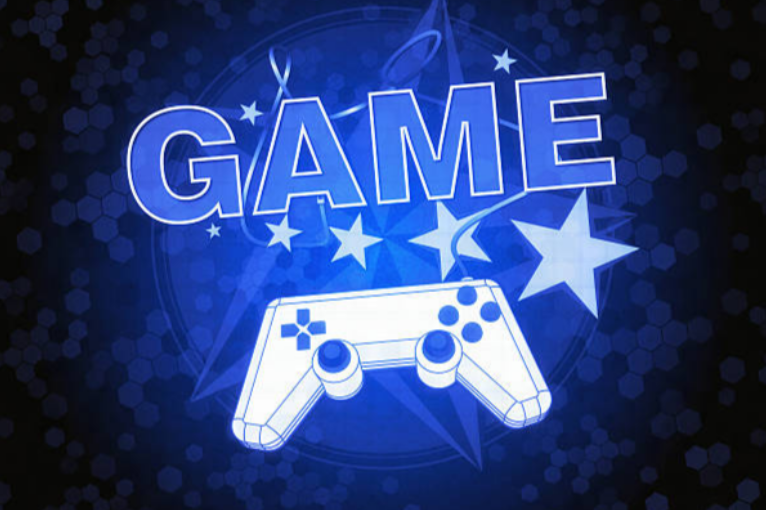The abandoned youngster grows into an unfathomably powerful force after being rejected by family and abandoned into the dark. This dramatic story is explored in “the disowned child: chronicles of unleashed divine bloodlust,” which weaves a narrative that dives deeply into themes of betrayal, vengeance, and divine retribution. Images of legendary conflicts, unearthly abilities, and a protagonist battling inner torment may come to mind when you hear this term. We’ll delve into the core of The Disowned Child: Chronicles of Unleashed Divine Bloodlust, its significance, and the reasons why a book with a title like that enthralls readers of many genres in this piece.
An Account of the Abandoned Child
Storytellers from all countries and times have always been captivated by the idea of a disowned kid. The rejection of one’s ancestry and the pursuit of power, revenge, or atonement have a certain allure. This chronicle’s protagonist is no different. This child, who has been abandoned by their family or abandoned by God, is filled with unrealized potential and repressed feelings that will eventually cause something terrible to break loose: a divine bloodlust.
As the story progresses, the abandoned child—now a strong force—begins a destructive journey. But this is more than just a thirst for retribution. The protagonist’s future is being shaped by a divine calling, possibly from gods, spirits, or cosmic forces, in a world where survival is not the only thing at stake.
“The Disowned Child: Chronicles of Unleashed Divine Bloodlust” delves into various themes.
Rejection and Betrayal: Rejection is the cornerstone of this narrative. The character’s motivations take on a deeper emotional and psychological dimension when they experience familial disapproval or heavenly abandonment. This feature appeals to readers since rejection is a common occurrence.
Divine Power and Rage: The idea of hunger for blood, particularly that which is considered divine, gives it a legendary quality. This hunger for blood is not merely a kind of self-retaliation; it is a divine decree. It’s as though the protagonist’s pain and rejection have taken on a supernatural justice-like quality that is simultaneously horrifying and astounding.
The disowned child is motivated by more than just hate: retaliation and redemption. It’s the pursuit of vengeance, justice, and maybe salvation. What remains to be seen is whether or not the protagonist is justified. Does the unleashing of the bloodlust of God result in final redemption or more catastrophe?
Transformation: From a helpless, forsaken soul to a strong, spiritually inspired fighter, the protagonist experiences a metamorphosis. A common theme in many epic stories, this betrayal-driven path of self-realization and empowerment strikes a profound chord with readers.
Why There Is Power in This Story
Fear, rage, and the need for justice are among the basic human emotions that are tapped upon in The Disowned Child: Chronicles of Unleashed Divine Bloodlust. It examines what transpires when the helpless grow powerful, when the rejected turn resentful, and when pain on a human level becomes something bigger, like divine will.
Furthermore, readers are always drawn to tales of celestial combat and divine intervention because they deal with larger-than-life confrontations involving the clashing of gods, mortals, and mythical powers. This is about the fuzziness of moral boundaries, where divinity and monstrous collide, more than it is a simple conflict between good and evil.
FAQs Regarding The Disowned Child: Chronicles of Divine Bloodlust Unleashed
What is The Disowned Child: Chronicles of Unleashed Divine Bloodlust’s central premise?
The narrative centers on a disowned child who finds a terrible, divine power within after being abandoned by their family or abandoned by supernatural forces. They start a quest for justice and vengeance as they struggle with their newfound power, igniting a bloodlust that is both strong and heavenly.
What does the bloodlust of the gods mean?
A special fusion of fury and justice meted out by divine decree is represented by divine bloodlust. The protagonist is not only after vengeance on a personal level; rather, they are carrying out the will of greater, godlike powers, with far-reaching and significant implications for their deeds.
Is the main character misinterpreted or evil?
In The Disowned Child, the main character toes the line between tragic heroism and becoming a scary force of nature. They are sympathetic because they are driven by hurt and betrayal. But the release of divine indignation begs moral concerns: is their desire for retribution justifiable, or have they given in to their fury?
Why does this story’s fundamental topic of rejection exist?
Rejection is a concept that everyone can relate to. It is the motivation behind the protagonist’s journey of self-discovery and development in The Disowned Child. Being rejected or disowned can drive people to extremes, which makes them dangerous and unpredictable. This is why it’s such a powerful narrative technique.
What part do gods or supernatural forces have in this narrative?
The protagonist’s destiny in Chronicles of Unleashed Divine Bloodlust is significantly shaped by supernatural forces. These higher forces either empower or desert the protagonist, so establishing a story in which the divine has a direct impact on the material world with disastrous results.
Conclusion
More than merely a story of retaliation, The Disowned Child: Chronicles of Unleashed Divine Bloodlust is a legendary narrative of metamorphosis, power, and divine justice. It draws readers into a universe in which treachery breeds rage, rage breeds strength, and strength unleashes thunderous, heavenly fury. This narrative speaks to primitive emotions and the age-old struggle between justice and revenge, between the gods and mortals, with its epic grandeur and intensely emotional heart.
This is a must-read story if you’re enthralled with stories of supernatural power, moral ambiguity, and a protagonist who toes the line between heroism and monstrosity.





